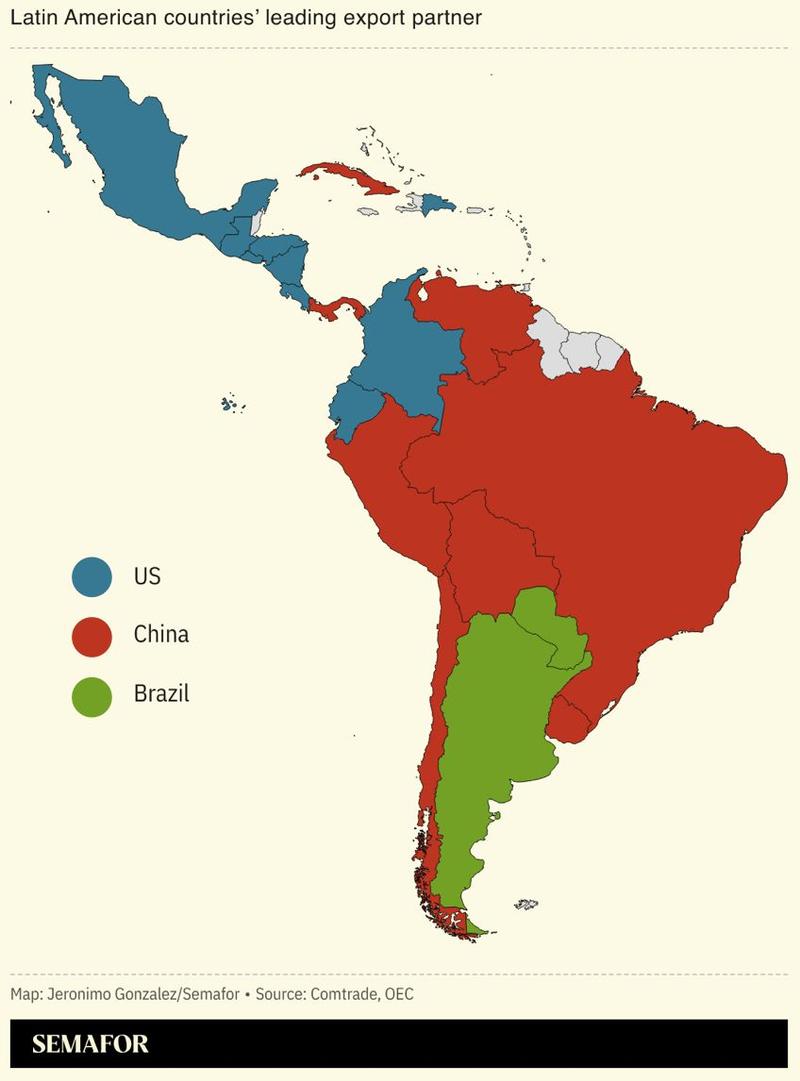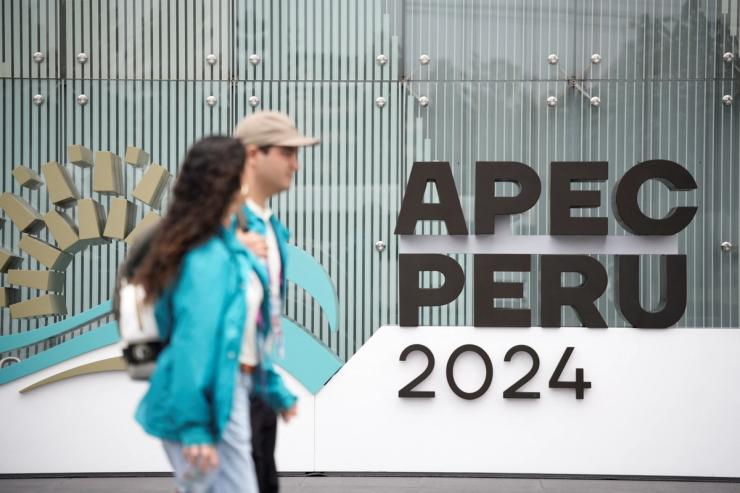The News
Chinese leader Xi Jinping is set to attend the Asia-Pacific Economic Cooperation summit in Peru this week, as China increasingly looks to Latin America for investment.
While in the country, Xi is expected to inaugurate a $1.3 billion megaport in Chancay built by Chinese state-owned Cosco Shipping.
A Peruvian official told Reuters that the port will provide “direct routes to Asia, particularly to ports in China,” adding that Peru’s “aim is to become the Singapore of Latin America.”
After the APEC meeting, Xi is expected to travel to the G20 summit in Brazil. There, some analysts have suggested Brazil’s President Luíz Inácio Lula da Silva could announce that Brazil is joining China’s Belt and Road Initiative (BRI) infrastructure investment program, which is pivoting toward issuing smaller, greener loans.

SIGNALS
China’s relationship with Latin America grows, as US’ diminishes
Beijing’s BRI expansion into Latin America gives the latter access to loans to develop both its broader infrastructure and green energy, while China gains access to the region’s rich soybean, iron ore, and copper resources. “China’s focus on soft power has helped Beijing build political goodwill with local governments and present itself as a viable alternative partner to the United States and Europe,” the Council on Foreign Relations wrote. In the last decade, the relationship between the US and Latin American countries has diminished, Reuters, wrote, and Washington is no longer the “dominant player.”
Beijing’s trade expansion in Latin America could impact US security
In Latin America, “the incoming Donald Trump White House will find itself already on the losing side in a trade battle with China,” Reuters reported. China has quickly outpaced the US in trade from less than 2% of exports reaching China in 2000 to 26% in 2020. However, China’s expansion doesn’t only affect trade, and Washington has warned that Beijing’s expansion in Latin America could have significant security implications for the US. “China can’t start by building military bases [in Latin America] because it’s too sensitive and will make China’s conflict with the United States too pronounced... So it has made inroads with economic ties first,” an international strategy expert told the outlet.


